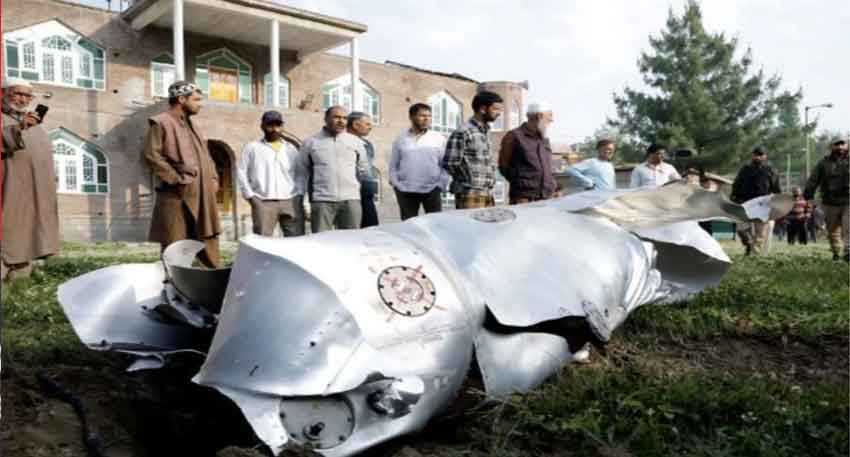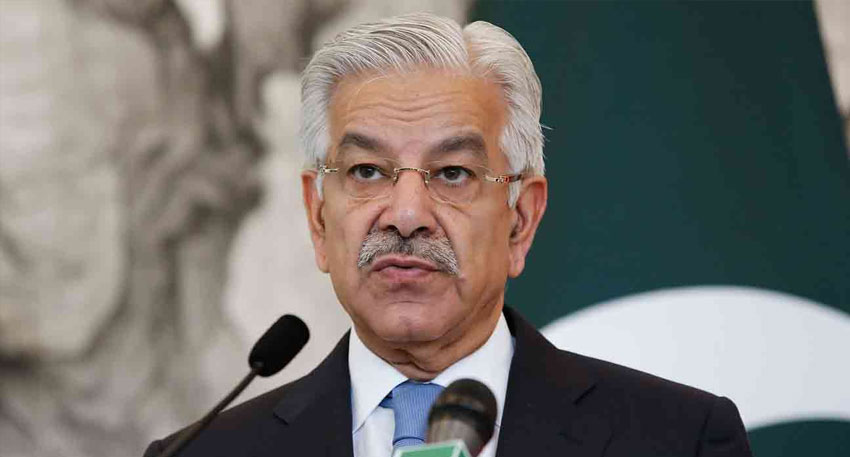
Sri Lanka captain Lihuru Madhusanka decided to bowl first. The skipper’s decision bore fruits as Sri Lanka chased down the modest 73-run target for the loss of three wickets and six balls to spare.
Openers Sandun Weerakkody and Dhananjaya Lakshan recorded a brisk 39-run partnership.
For Pakistan, Skipper Faheem Ashraf drew the much-needed breakthrough in the fourth over by dismissing set batter Weerakkody, who top-scored with a 13-ball 34.
Also read: Irfan Khan, Saim Ayub to make debut in first ODI against Australia
Striking twice in quick succession, Pakistan had reduced Sri Lanka to 59/3 in 4.2 overs but Tharindu Rathnayake played a gutsy 16-run knock under pressure and took his side over the line in the penultimate over.
Hussain Talat and Faheem could pick up a wicket apiece for Pakistan.
Pakistan were bundled out on a modest total despite Muhammad Akhlaq’s quickfire knock up the order.
The wicketkeeper made a 20-ball 48 until falling victim to Lihuru Madhusanka in the final over.
For Sri Lanka, Lakshan and Tharindu Rathnayake bagged two wickets each while Nimesh Vimukthi and Lihuru Madhushanka shared two wickets between them.




